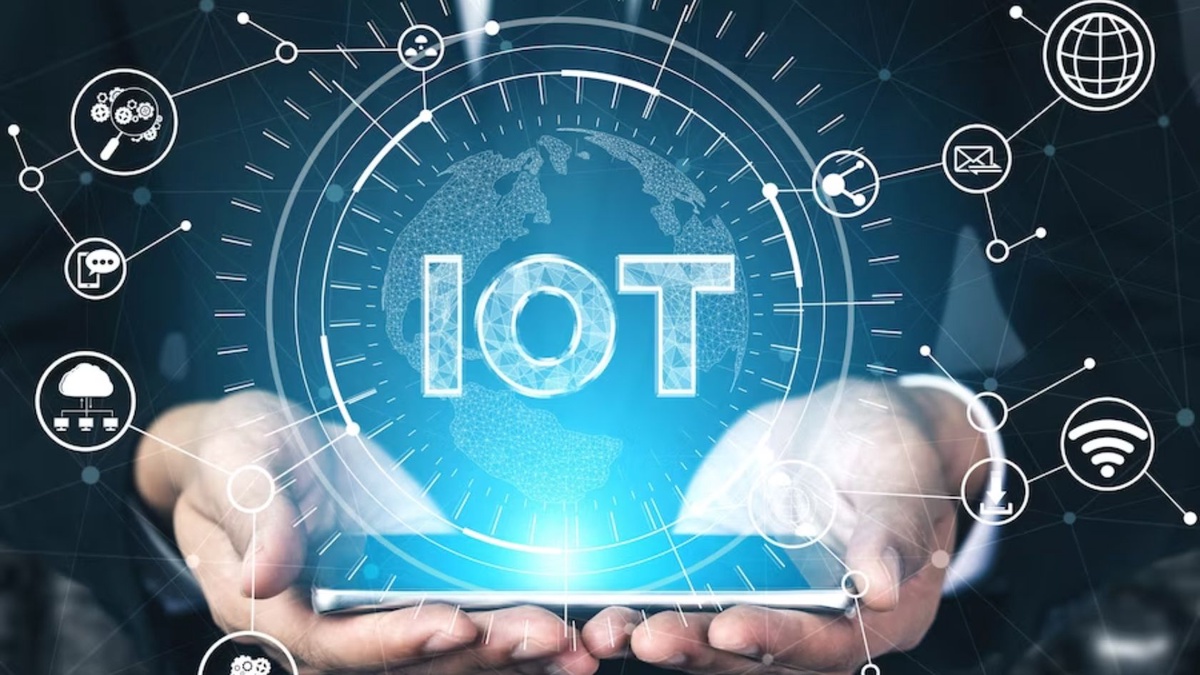The Internet of Things (IoT) is transforming businesses across industries by connecting devices and using data to drive insights. As IoT adoption grows, many companies are looking to partner with IoT development companies to create smart, connected products and services. With so many options to choose from, it can be challenging to select the right IoT development partner. Here are five must-have features to look for when choosing an IoT development company:
Expertise in IoT Platforms and Protocols
Look for a company with experience building on various IoT platforms like AWS IoT, Microsoft Azure IoT, and Google Cloud IoT. They should have expertise working with common IoT communication protocols like MQTT, CoAP, ZigBee, Bluetooth LE, and LoRaWAN. This demonstrates they can build solutions on the right IoT architecture for your specific needs. As per axiusSoftware, full-stack experience with cloud platforms and device protocols ensures smooth interoperability and connectivity in an IoT system.
End-to-End IoT Capabilities
A competent IoT developer offers more than just app development or embedded engineering. You need an end-to-end partner that can design smart devices, develop accompanying apps, integrate with databases and analytics tools, and provide a management portal. The company should have experience handling the entire IoT development lifecycle from prototyping to deployment and post-launch support. This comprehensive expertise enables them to deliver a complete IoT solution tailored to your use cases.
Experience in Your Industry
Look for developers with proven experience in your specific industry. For instance, IoT solutions for manufacturing have different requirements than healthcare IoT. Choose a company that understands your market needs and has already built similar solutions for businesses in your vertical. Their industry background and context will help them architect IoT systems optimized for the environments and objectives of your use cases.
Strong Data Analytics Capabilities
Data analytics is an integral part of IoT creating actionable insights from connected device data. The IoT developer should be able to process real-time streams in the cloud and at the edge, apply machine learning for predictive capabilities, and build advanced data visualizations. Evaluate their skills in analytics platforms like AWS IoT Analytics, Google BigQuery, and Microsoft Power BI to extract maximum value from your IoT data.
Security Expertise
Security should be top-of-mind when deploying IoT solutions. IoT devices and networks can be vulnerable points for cyberattacks. The developer must implement security at every layer, from hardware to cloud. Ask about the security protocols and practices they implement to protect data privacy and prevent intrusions. Expertise in secure firmware, authentication, encryption, and access control is essential.
Conclusion
In addition to technical expertise, choose an IoT partner that values transparency, communication, and collaboration. This helps ensure a successful project is delivered within timelines and budgets. Sustained support after launch is also essential to continuously enhance the solution and integrate new capabilities. With the right IoT development partner, you can unlock the full potential of connected technologies and stay competitive in the digital landscape.
FAQ
Q: What key considerations should I have when choosing an IoT development partner?
A: When selecting an IoT developer, look for expertise across the IoT stack including cloud platforms, device protocols, embedded systems, analytics, security, and more. Also, ensure they have experience in your specific industry vertical and end-to-end capabilities in IoT.
Q: How can I validate the capabilities of an IoT development company?
A: Ask for client references and sample projects relevant to your use cases. Review their technical expertise across IoT platforms, devices, communications, analytics, security, etc. You can also request proof of concepts or prototypes to evaluate their skills firsthand.
Q: What questions should I ask an IoT developer before hiring them?
A: Key questions include: What IoT platforms have you worked on? What experience do you have in my industry? How do you approach analytics and security in IoT? What is your end-to-end development process? What support do you provide after product launch? Can you share client references from similar projects?
Q: What warning signs should raise a red flag when evaluating an IoT partner?
A: Red flags include lack of expertise in your specific industry or use cases, inability to showcase relevant past projects, lack of transparency about capabilities and limitations, reluctance to provide references, and lack of post-deployment support capabilities.
Q: How can I keep costs and project scope on track when working with an IoT developer?
A: Have clearly defined requirements, success metrics, and milestones upfront. Use phased development with regular demos and feedback loops. Emphasize transparent communication and get buy-in on scope changes. Hire developers who offer cost-effective dedicated IoT engineering teams aligned to your needs.


No comments yet